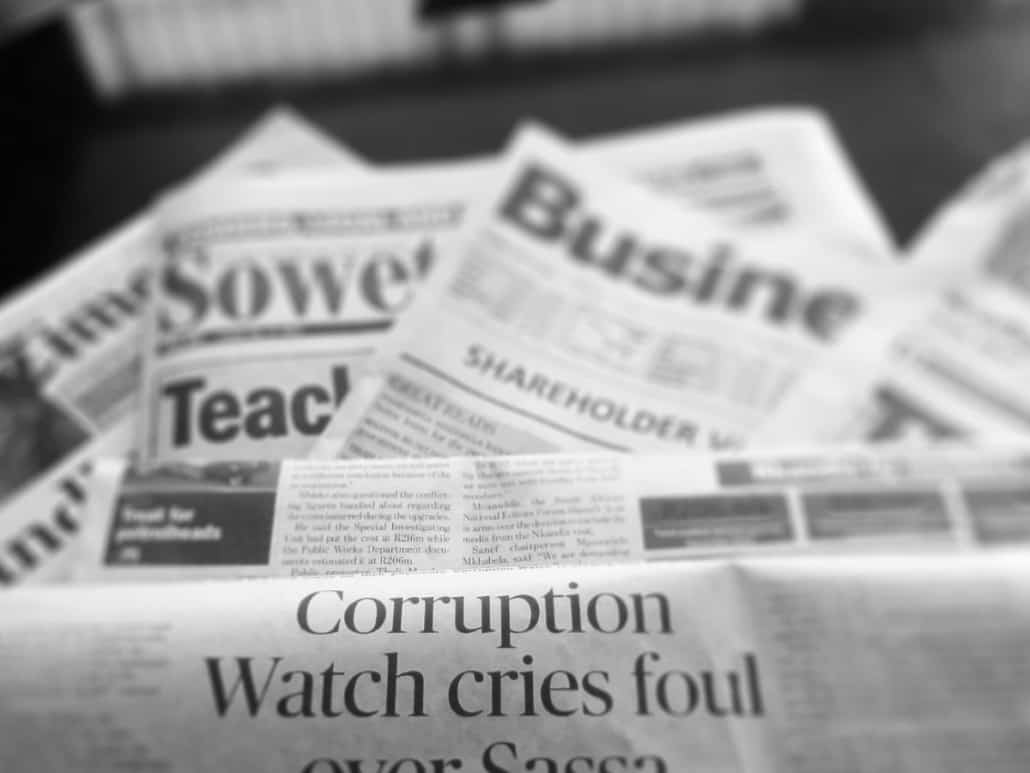Tenders related to government’s plans to build up to three nuclear power plants will be monitored by new non-governmental organisation Corruption Watch, says its executive director David Lewis.
Addressing the Cape Town Press Club on Wednesday, Lewis said there was a common fear that the new procurement for energy programme could "dwarf the arms deal in scale and we have already heard rumours of intermediary companies being set between the large international suppliers and the purchasers".
In terms of the Department of Energy’s integrated resources plan SA could build up to six nuclear reactors in three plants to generate 9.6 megawatts (MW) of power starting in 2014.
Estimates for the cost for the programme range from R300 billion to around R1-trillion. The arms deal that was signed by the SA government in the late 1990s was now estimated to have cost the country more than R40 billion and was subject to a commission of enquiry that would begin its work later this year.
Lewis admitted that he did not yet know how far the procurement of these nuclear plants was but that his organisation would like to be pre-emptive in banishing any form of corruption from the programme.
He said Corruption Watch wanted to emulate a Russian website that had pages devoted to tenders and invited any member of the public to comment and share information.
Another model that had been suggested to Corruption Watch to monitor the fair awarding of state tenders was that the committees that awarded them have a member or two appointed from the public.
"Singapore apparently uses such a system that is similar to the American jury system where one is called up to serve on such a committee," Lewis said.
Corruption Watch was set up last year out of an initiative within labour movement Cosatu over concerns about corruption allegations concerning state tenders.
Lewis said, however, it was not linked to Cosatu although the union’s secretary general Zwelinzima Vavi sat on its eight-member board.
The organisation’s first reports on corruption would be concerned with the Johannesburg Metro Police Department, where, Lewis said, it was common knowledge that many of its members were involved in corrupt practices.
A second report was being compiled on medical tenders within the provincial health departments, which Lewis said had numerous issues, such as inappropriate human resource allocation, and the fact that many doctors were charging the public health systems while working from their own practices.
He said that Corruption Watch had received R15 million in funding for its first year of which it had used R5 million for its establishment. Most of the funding came from philanthropic organisations, while very little had come from business. Lewis, who was chairman of the Competition Tribunal, has strong ties with organised labour organisations and is a non-executive director of SA Airways, said Corruption Watch would operate independently.
He said the Johannesburg Metro Police Department investigation included police members who were also members of Cosatu and if they were involved in corrupt practices this would be pointed out.
This article originally on I-Net Bridge on 29 March 2012.
Tenders related to government's plans to build up to three nuclear power plants will be monitored by new non-governmental organisation Corruption Watch, it was reported by I-Net Bridge.

